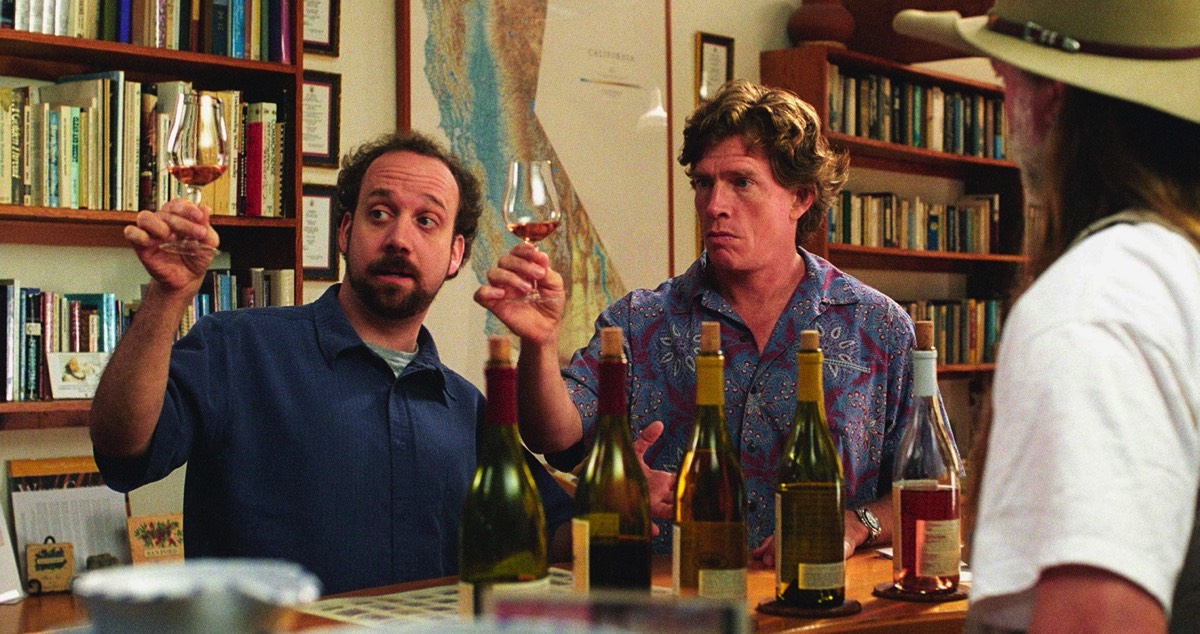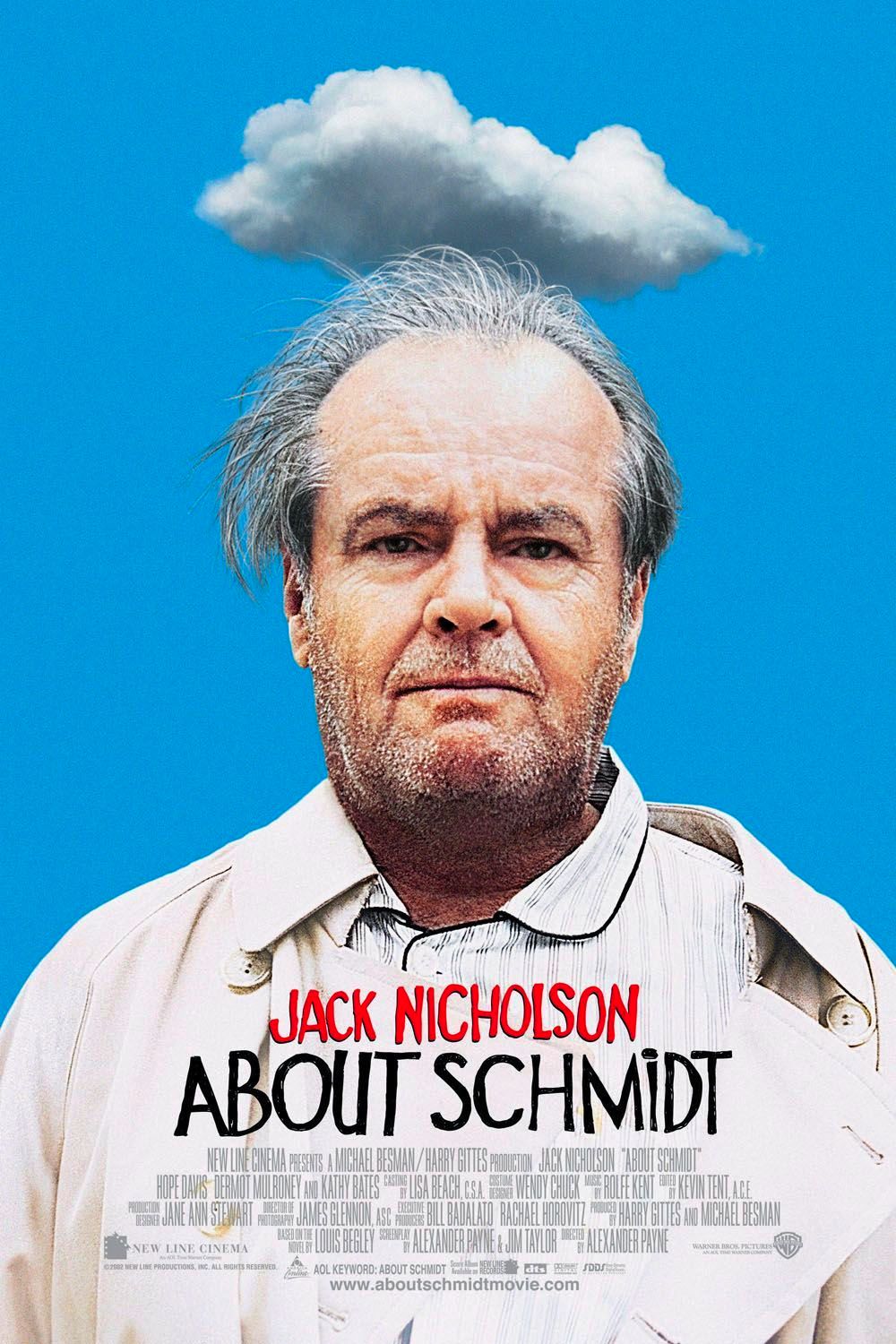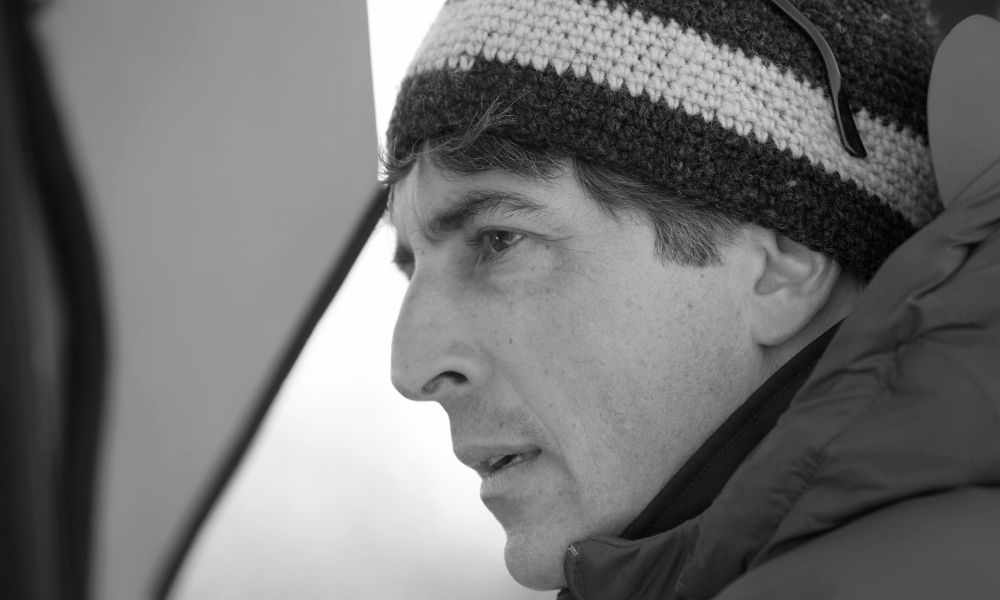"With his writing partner Jim Taylor, Payne specialises in a breed of hapless everyman loser whose comical failures in life make him (or her, as Payne and Taylor write equally rich female characters) accessible to indie purists and general audiences alike. Payne is the heir to Billy Wilder and The Apartment (1960) in his ability to generate bittersweet comedy out of otherwise dark material." - Andrew Bailey (Cinema Now, 2007)
Alexander Payne
Director / Screenwriter / Producer
(1961- ) Born February 10, Omaha, Nebraska, USA
21st Century's Top 100 Directors
(1961- ) Born February 10, Omaha, Nebraska, USA
21st Century's Top 100 Directors
Key Production Country: USA
Key Genres: Comedy Drama, Comedy, Satire, Road Movie, Drama, Black Comedy
Key Collaborators: Kevin Tent (Editor), Jim Taylor (Screenwriter/Producer), Rolfe Kent (Composer), Jane Ann Stewart (Production Designer), Phedon Papamichael (Cinematographer), James Glennon (Cinematographer), Paul Giamatti (Leading Actor), Albert Berger (Producer), Mark Johnson (Producer), Ron Yerxa (Producer), June Squibb (Leading Character Actress), Mark Orton (Composer)
Key Genres: Comedy Drama, Comedy, Satire, Road Movie, Drama, Black Comedy
Key Collaborators: Kevin Tent (Editor), Jim Taylor (Screenwriter/Producer), Rolfe Kent (Composer), Jane Ann Stewart (Production Designer), Phedon Papamichael (Cinematographer), James Glennon (Cinematographer), Paul Giamatti (Leading Actor), Albert Berger (Producer), Mark Johnson (Producer), Ron Yerxa (Producer), June Squibb (Leading Character Actress), Mark Orton (Composer)
"A leading light in the "new American cinema" which also includes Steven Soderbergh, David O. Russell and Paul Thomas Anderson, Alexander Payne has refrained from parading technique or his own importance; his films are modestly mounted but deceptively penetrating satires on Middle-American mores." - Tom Charity (The Rough Guide to Film, 2007)
"Few commercially successful independent film-makers of the 1990s have cared as much about the incisive political realities of the Midwestern United States as Alexander Payne, who balances the seriousness of the politics in his films with a dark and sardonic humour. Though educated at UCLA's film school, he has fixed the scope of his fiction on Omaha, Nebraska, where he was born in 1961." - Sheldon Schiffer (Contemporary North American Film Directors, 2002)

Sideways (2004)
"In a relatively short period of time, he made his mark in Hollywood as an uncompromisingly collaborative filmmaker, uninterested in commercial success at the cost of overblown budgets and casting stars in roles for which they may or may not be right, all for the sake of selling a movie. The result is a resumé of films that tell the story in a realistic, often humorous, and ultimately touching way." - The Film Encyclopedia, 2012
"Writer and director Alexander Payne is one of the brightest talents to emerge in Hollywood recently, with a distinctive style of comedy." - Edward Buscombe (501 Movie Directors, 2007)
"Some directors are what Martin Scorsese calls smugglers: they make commercial movies and they work in established genres, but within those borders they slip in a secret cargo of personal preoccupations. Alexander Payne, whose filmography comprises Citizen Ruth, Election, About Schmidt, Sideways, The Descendants, and the forthcoming Nebraska, is one of Hollywood’s leading smugglers. His films have been financed by major studios; all but the first have made money; they have starred such A-list actors as Jack Nicholson and George Clooney; they have been nominated for, and won, Oscars. Yet they bear the fingerprints of an auteur, and are instantly recognizable as Alexander Payne films." - Margaret Talbot (The New Yorker, 2013)
"Alexander Payne does not make mistakes, and that would seem to be his only serious handicap or restraint. But he has so many delicious virtues of taste, precision, and modesty. He has tragic instincts but will not succumb to melancholy. He is reluctant to let sex or violence overwhelm his work, especially in igniting combination. He is not inclined to trust his heroes or villains; he has made a habit of wayward, awkward or unreliable characters. Give Payne an obvious movie star—like Jack Nicholson or George Clooney—and he looks for their lost ordinariness. He understands the disappointment in family connections, and the calm failure in life. After six films he has yet to visit our major, international cities for more than a glimpse. He prefers the provinces—Hawaii, Santa Ynez, Iowa, Nebraska—and proceeds as if it is our folly to have written those places off to attention deficit disorder. Not that he insists on them being vivid and neglected treasures. Neglect is Payne territory, a plainness that reminds us that he was himself born and raised in Omaha, and keeps going back to the dark fields of the republic." - David Thomson (The New Republic, 2013)
"Ninety per cent of the movies I watch are in black and white. It left cinema only for commercial reasons – it never left fine-art photography. I can't have a career as a film director and not make at least one black-and-white picture. My argument was: can you absolutely prove to me that fewer people saw Manhattan, Raging Bull and Schindler's List because they were in black and white?" - Alexander Payne (The Guardian, 2013)
Selected Filmography
{{row.titlelong}}
Alexander Payne / Favourite Films
Apocalypse Now (1979) Francis Ford Coppola, L'Avventura (1960) Michelangelo Antonioni, Bicycle Thieves (1948) Vittorio De Sica, Citizen Kane (1941) Orson Welles, City Lights (1931) Charles Chaplin, 8½ (1963) Federico Fellini, The Good, the Bad and the Ugly (1966) Sergio Leone, Modern Times (1936) Charles Chaplin, Seven Samurai (1954) Akira Kurosawa, Sunset Blvd. (1950) Billy Wilder, Viridiana (1961) Luis Buñuel.
Source: Sight & Sound (2022)
Apocalypse Now (1979) Francis Ford Coppola, L'Avventura (1960) Michelangelo Antonioni, Bicycle Thieves (1948) Vittorio De Sica, Citizen Kane (1941) Orson Welles, City Lights (1931) Charles Chaplin, 8½ (1963) Federico Fellini, The Good, the Bad and the Ugly (1966) Sergio Leone, Modern Times (1936) Charles Chaplin, Seven Samurai (1954) Akira Kurosawa, Sunset Blvd. (1950) Billy Wilder, Viridiana (1961) Luis Buñuel.
Source: Sight & Sound (2022)
Alexander Payne / Fan Club
Edgar Wright, Jasper Sharp, Leonard Maltin, Borja Cobeaga, Owen Gleiberman, Glenn Kenny, Mike D'Angelo, Peter Travers, Lisa Schwarzbaum, Stephen Holden, Richard T. Jameson, Ty Burr.
Edgar Wright, Jasper Sharp, Leonard Maltin, Borja Cobeaga, Owen Gleiberman, Glenn Kenny, Mike D'Angelo, Peter Travers, Lisa Schwarzbaum, Stephen Holden, Richard T. Jameson, Ty Burr.
"Fan Club"
These film critics/filmmakers have, on multiple occasions, selected this director’s work within film ballots/lists that they have submitted.
These film critics/filmmakers have, on multiple occasions, selected this director’s work within film ballots/lists that they have submitted.


